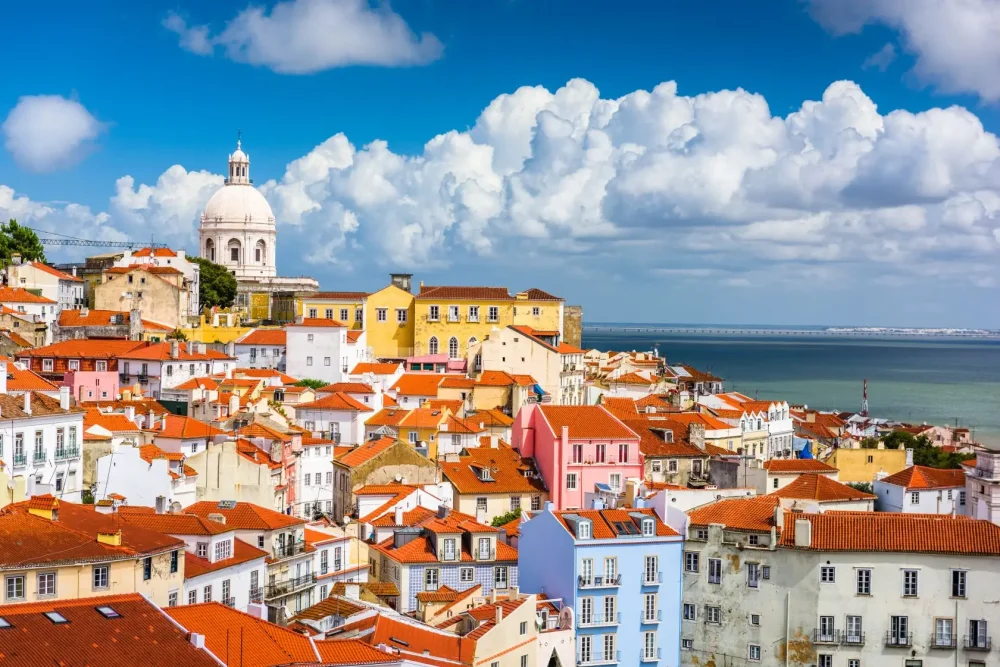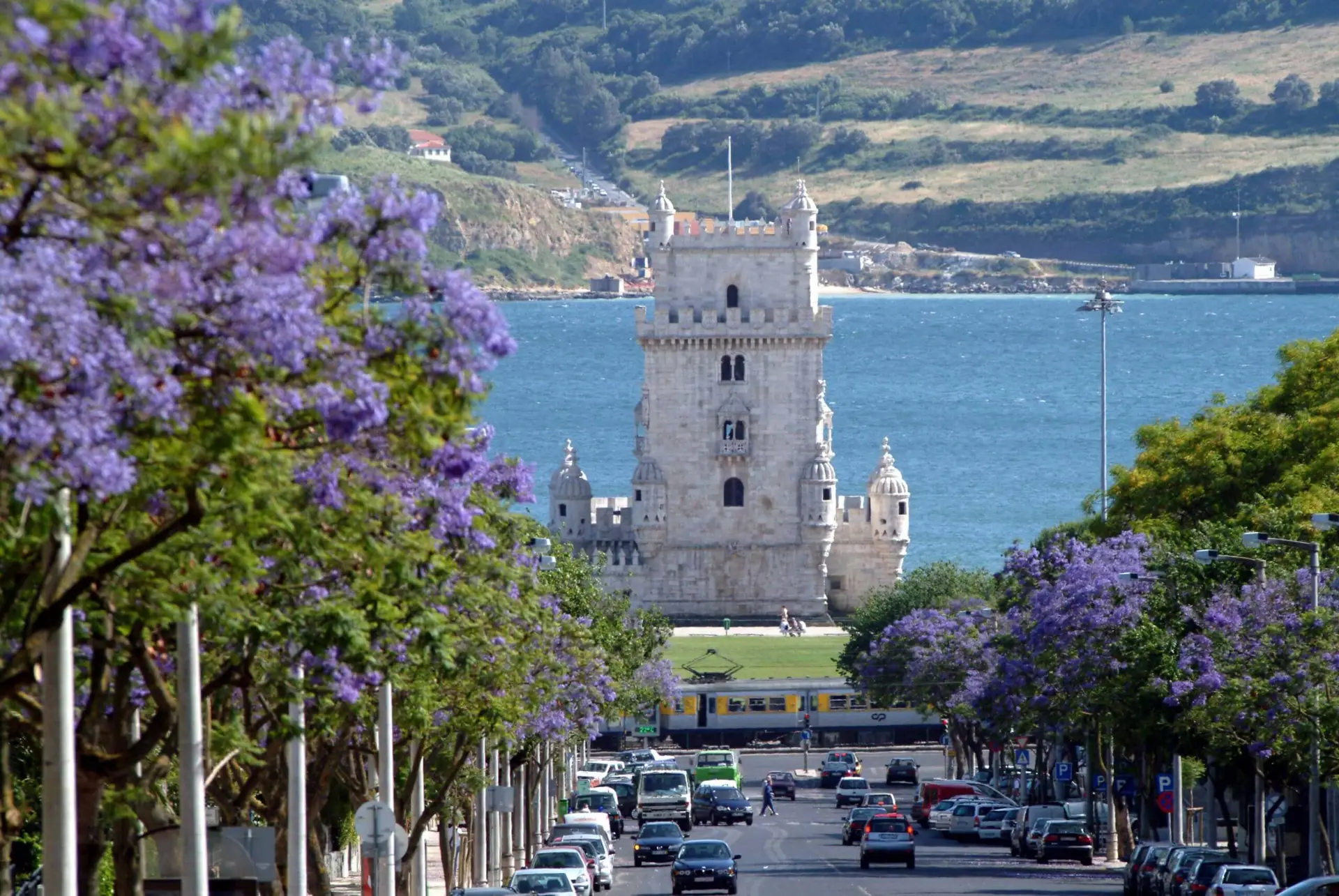The main myths about real estate investments often distort the real picture, especially in attractive markets like Portugal. Superficial views create false expectations of stable income, quick payback, and minimal risks. In practice, the housing market requires careful study, legal verification, and precise financial calculation. By debunking stereotypes, an investor gets a chance to build a reliable strategy, minimize risks, and ensure real income.
The main myth about real estate investments in Portugal: investments are not associated with risks
Stereotypes create an illusion of complete safety. The market records price jumps: in 2023, Lisbon saw a growth of 7.5%, while suburbs experienced a decrease of up to 4%. Risks in real estate investments include changes in laws, unstable demand, errors in choosing a developer. A developer with a bad reputation delays deadlines and undermines the financial model. Only deep analysis and planning minimize potential losses.

Investments always yield high returns
An erroneous stereotype exaggerates profitability. In Lisbon, rental yields average 4–6% annually. In tourist locations, seasonality and high competition reduce profitability.
Utility payments, taxes, repairs, insurance reduce the final income from real estate. A correct calculation considers not only rental income but also maintenance costs, vacancy periods, and tax obligations.
Real estate investments are only suitable for professionals
These stereotypes are misleading, limiting opportunities for novice investors. Real estate investments become accessible to beginners when purchasing studios, small commercial spaces, or participating in joint projects with developers.
Example: a studio in Porto priced at 150,000 euros brings stable income from the first year when managed through a specialized company. A sound strategy and a low entry threshold open the market even to beginners.
Misconception that investing in property does not require detailed study
The market depends on demand, price dynamics, legislation, and the tax system. Purchase taxes range from 6–8%, and annual property tax can reach 0.8% of the value.
Without calculating expenses and understanding market peculiarities, a project does not yield the expected profit. It involves systematic study of demand, supply, and legal aspects.
Legal details are not important
Laws, contracts, and property status determine the transaction’s security. A developer with unfulfilled obligations poses serious risks. Checking the contract, property history, and building permits protects investments. Legal aspects require thorough expertise and confirmation of legal status at every stage.
All properties in the Portuguese market are equally profitable
The main myths about real estate investments do not consider differences in locations. Lisbon—premium apartments enjoy stable demand. In Braga and Faro, demand fluctuates with tourist seasons. Rural areas with low prices have limited demand and low liquidity.
Smart investments require evaluating location, price dynamics, and rental attractiveness. A good location generates profit and accelerates return on investment.
Investments in residential properties quickly pay off
The average payback period is 15-20 years. In tourist areas, the period decreases to 10-12 years, but only with high occupancy. Planning considers all expenses: taxes, repairs, vacancies, marketing. Without a thoughtful strategy, a property does not ensure a stable flow of tenants.
Real estate investments do not require management
Rental management, property maintenance, tenant settlements require constant involvement or payment to a management company. Finances include annual tax, utility payments, repairs, and insurance. Neglecting these expenses leads to losses, even in active locations.
Economy does not affect investments
This stereotype erroneously separates the market from macroeconomics. The country’s economy shapes demand levels, construction costs, and credit availability. A 9% increase in construction material prices in 2022 raised the cost of new buildings. Declining population incomes reduce interest in renting and buying.
Investing in foreign real estate requires considering inflation, unemployment, and GDP growth for a proper assessment of property income.
Real estate investments are always legally protected
Laws protect property, but legal disputes over rent, inheritance, and construction arise regularly. A developer must provide a complete set of permits, but sometimes properties with undocumented paperwork are found on the market.
Legal aspects include checking land status, property rights registration, and contract correctness. Only a full legal examination eliminates risks.
How to invest in Portuguese real estate: basic steps
Without thorough preparation and financial calculations, a successful purchase turns into a source of losses. Effective investments require a detailed approach and professional assessment at every stage.
Criteria for investment:
- Detailed location analysis: demand, supply, price dynamics.
- Verification of legal documents: contract, property status, permits.
- Financial planning: taxes, utility payments, repairs.
- Collaboration with a trusted builder and developer.
- Choosing a liquid format: studio, small apartment, commercial space.
Only comprehensive analysis and thoughtful planning allow for a stable income. A superficial approach often leads to financial errors and reduces investment efficiency.
Prices, demand, and supply
The main myths about real estate investments create an illusion of constantly rising prices. In 2024, Lisbon experiences high demand for compact apartments. In Braga and Cascais, supply has increased, slowing down price growth.

Promising properties are concentrated in areas with a shortage of quality housing and active tourist flow. A smart purchase in such zones ensures a steady income.
Main myths about real estate investments: conclusions
The main myths about real estate investments in Portugal do not withstand confrontation with facts and analysis. Successful investment requires a comprehensive approach, financial accuracy, and constant control. Finances, laws, legal aspects, and market dynamics determine the outcome. Buying property creates a real opportunity to earn, but only with professional management and a sound strategy.
 en
en  ru
ru  de
de  ar
ar  es
es  nl
nl  hi
hi  fr
fr  it
it  pt
pt  el
el 












